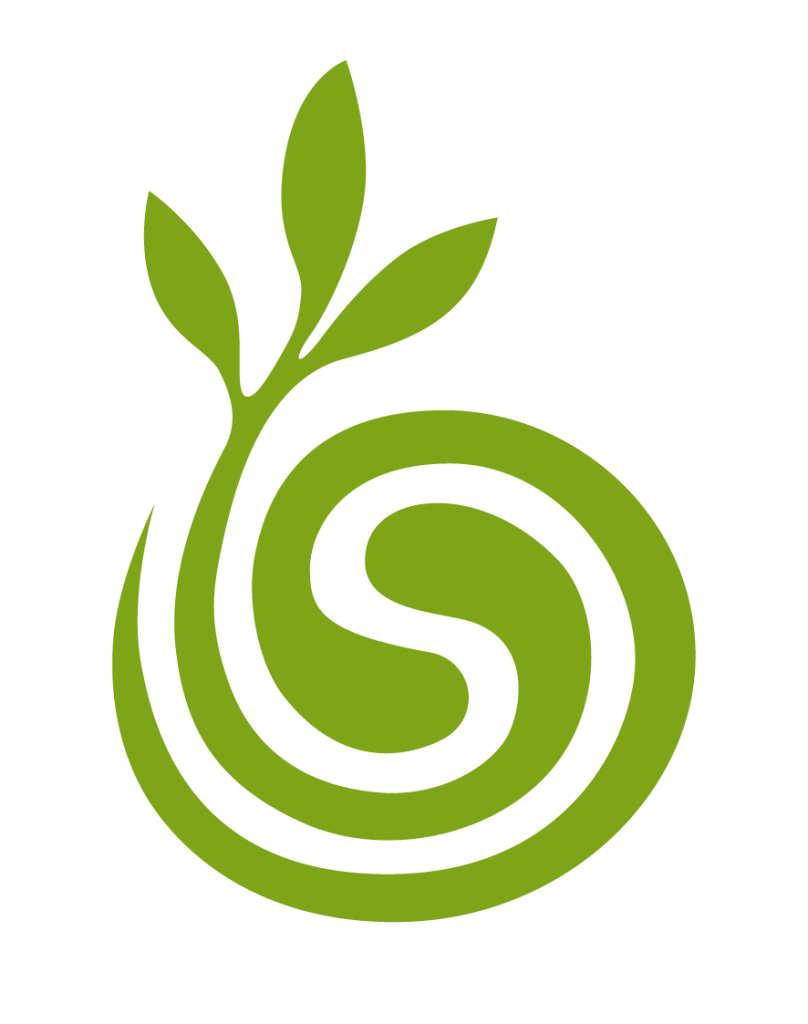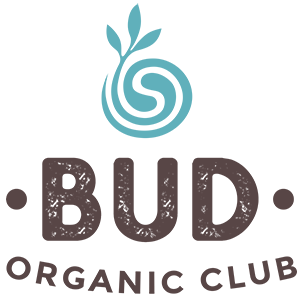An exciting step forward for the organic industry in Australia, the Minister for Agriculture, Drought and Emergency Management, David Littleproud announced the creation of the Organics Industry Advisory Group in December to investigate the potential to improve current regulations to allow for industry development.
But what exactly does this mean for the organic industry in Australia, and what does that mean for us as consumers?
We spoke to Niki Ford, CEO of peak industry body Australian Organic Limited about why the creation of the Organic Industry Advisory Group is a step in the right direction for the industry, and how it will benefit the industry and Australian consumers in the long run.
What is the Organics Industry Advisory Group and why was it created?
The Federal Minister for Agriculture, David Littleproud requested the Department of Agriculture, Water and the Environment (DAWE) appoint the Organics Industry Advisory Group in December 2020.
The Group consists of 16 individuals representing multiple industry sectors, each with a long-standing commercial interest in the organic industry. Each representative operates or owns a highly successful domestic and/or international organic organisation, with multiple years of experience within the industry.
The single purpose of the Group is to review whether the current regulatory framework is fit for purpose and will allow the Australian organic industry to reach its full potential.
Why is Australia different to other countries when it comes to regulation?
Currently in Australia, it is a voluntary process to be certified. Most developed countries have a mandatory requirement to apply a consist standard to domestic and international exports.
With no mandatory domestic standard currently in place in Australia, there is a lack of consistency for organic producers. This also leaves exporters in a frustrating and expensive position where they must pay separate fees to meet specific regulations in each individual country they export to.
Without consistency, Australia lags behind and we are losing opportunities in international export markets because of this.
What would be the benefit of an improved regulatory framework for the industry for Australia?
This first is consumer confidence. Consumers can rest assured that they are getting what they pay for when it comes to purchasing organic. Regulation will also help consumers to understand what organic really means and provide them with greater confidence when choosing to buy organic.
The second is providing credibility for operators for the work undertaken in producing a certified organic product. Certification is a significant commitment, both commercially and systematically, for many organic producers, and improved regulation will create a more level playing field.
The third is increased market access and international trade access for Australian organic exporters. A mandatory domestic standard would bring Australia in line with the rest of the world and deliver much-needed efficiency and certainty to organic producers, helping them to better compete in export markets.
How will this benefit me, as a consumer?
There will be more truth in labelling when it comes to organic. With mandatory regulation, when something says organic on the label, you can be certain that it is what it says it is. Consistency and truth in labelling will help consumers to trust what that buy and increase their confidence in organics.
The process will also help to educate consumers on what to look for when it comes to purchasing organic.
How can I make sure I am buying true, organic products in the meantime?

Look for the Bud – the most recognised organic trademark in Australia. This trademark represents the highest of integrity when it comes to organic products and is recognised by more than 50% of Australian consumers.
There are also several other DAWE approved certification marks that you can look for on organic labelling. Certification marks are guarantees that the product has adhered to an organic standard and is audited on an annual basis.

